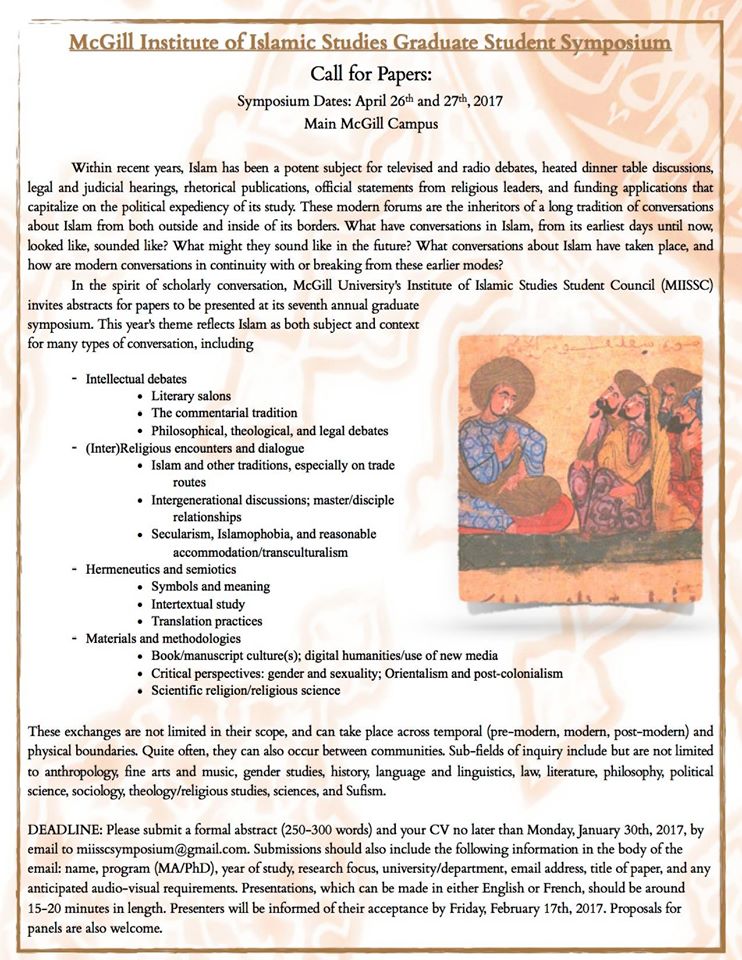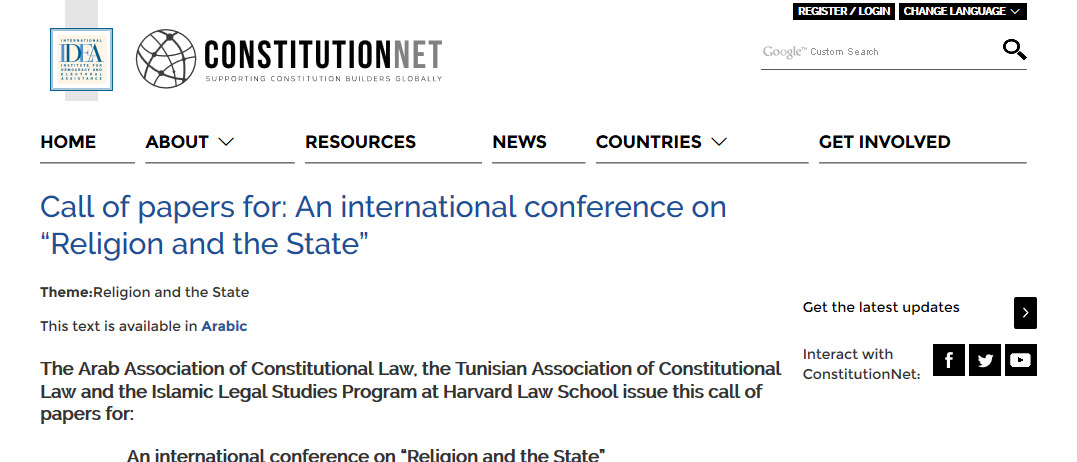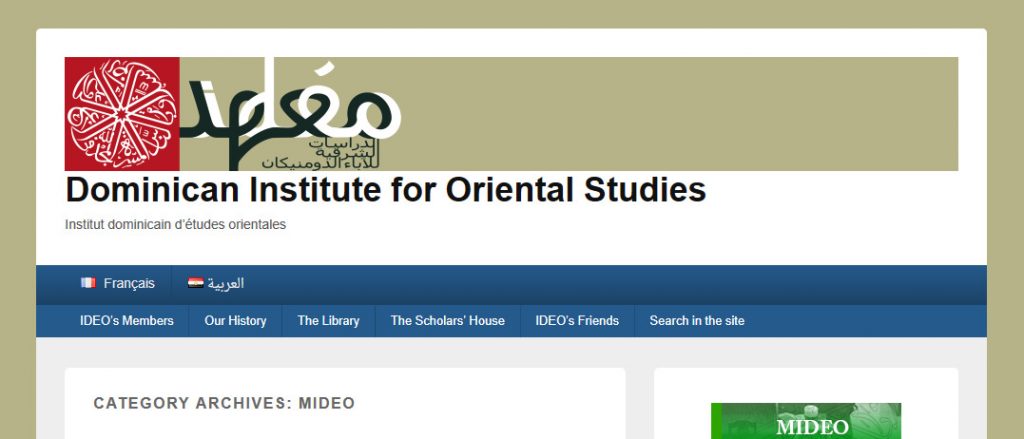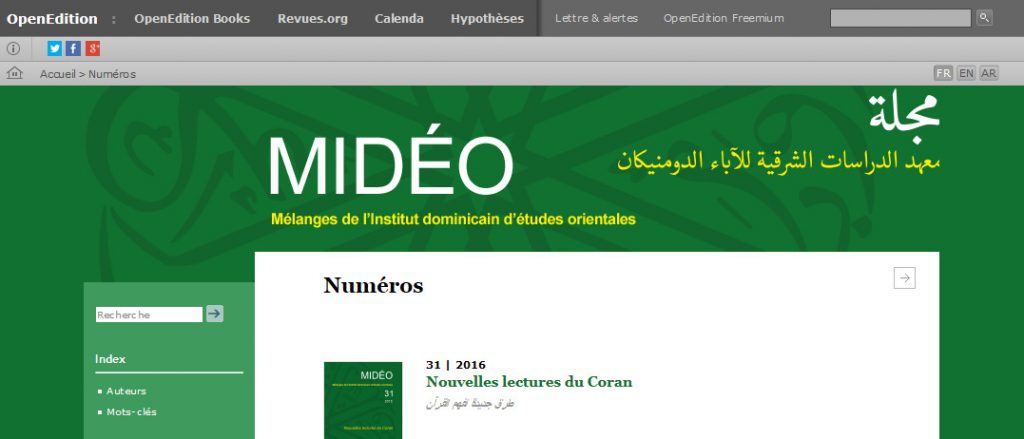If in the face this pandemic you are staying home and have more time on your hands, If despite all this you are still passionate about culture, art and history, If you too believe that art, culture and cultural heritage should be accessible to everyone as much as possible, If you were looking for an opportunity to contribute for a good cause, But more importantly, If you can translate from English to Arabic, then this post is probably for you.
Mueseum With No Frontier (MWNF) has launched a campaign to have more of their museum and exhibitions related content translated into Arabic, in order to give greater access to art and culture to more people from around the world.
“We are in need of support to translate more of our database to Arabic so those in Arab countries and beyond can access our online Explore Islamic Art Collections and other exhibitions.”
If interested, contact them at: office@museumwnf.net
Brief background about Museum With No Frontier:
MWNF was founded as an independent non-profit organization in 1995 on the initiative of Eva Schubert. MWNF program is a collaboration between public and private partners from all over the world and its main activities consist of “MWNF Virtual Museum and related MWNF Galleries and the MWNF Exhibition Trails and related books and travel program.”
MuseumWNF is determined to link cultures via a diversified knowledge of history, heritage and culture encourage practicing peaceful coexistence. Moreover, part of their mandate is cooperation with the Arab world and promoting Islamic art.
“Contributing to better knowledge of Arab countries and cooperating with Arab partners on educational and cultural tourism projects has been an MWNF priority since its foundation. Since 2010 MWNF has had a partnership with the League of Arab States to promote awareness of the Arab world’s history and cultural legacy through joint projects.”
More information about MWNF can be found here.
There is also volunteer opportunities for native-language translators to help with translations:
English to Arabic
English to Spanish
German to English
Spanish to English


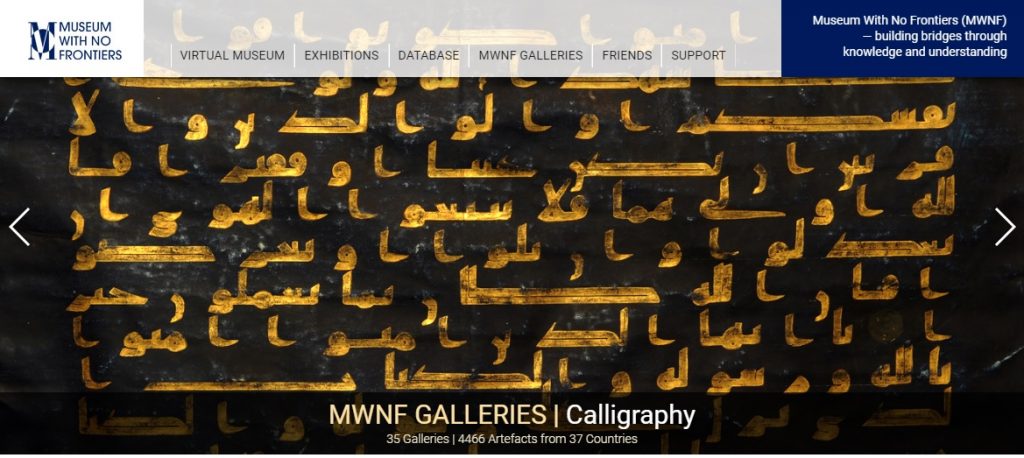
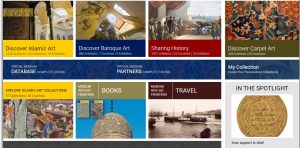
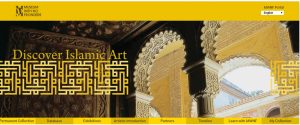
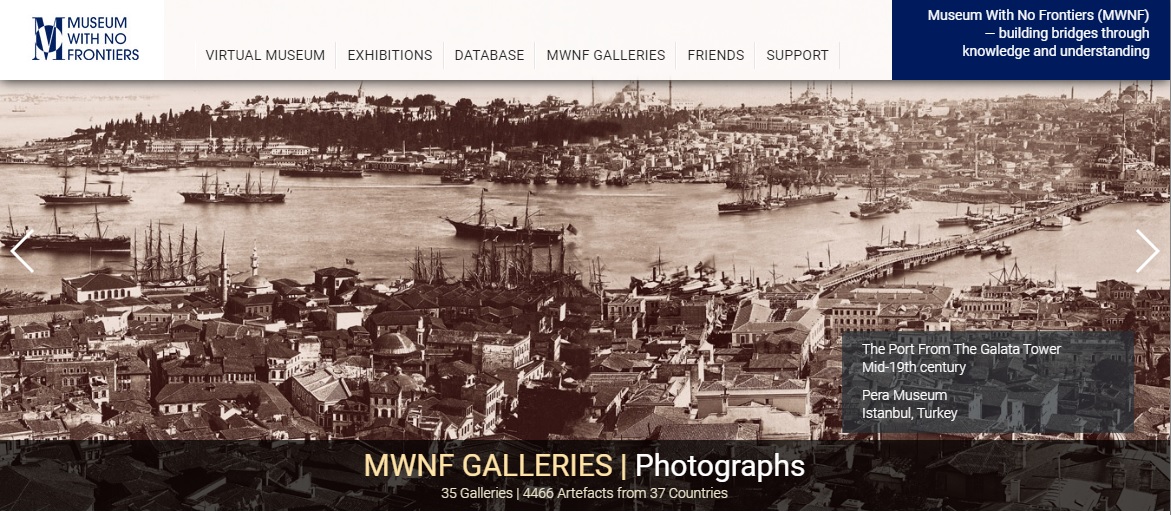
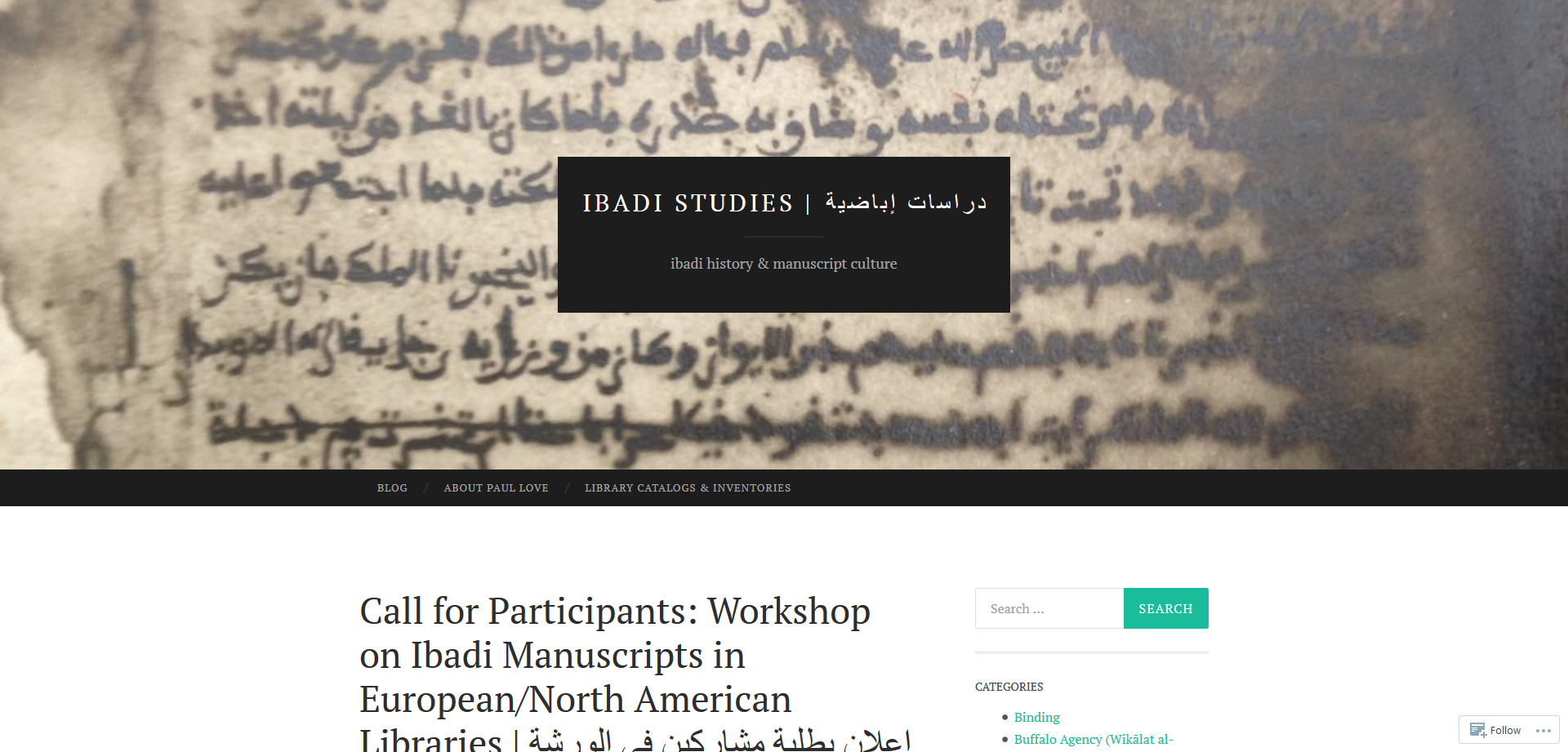
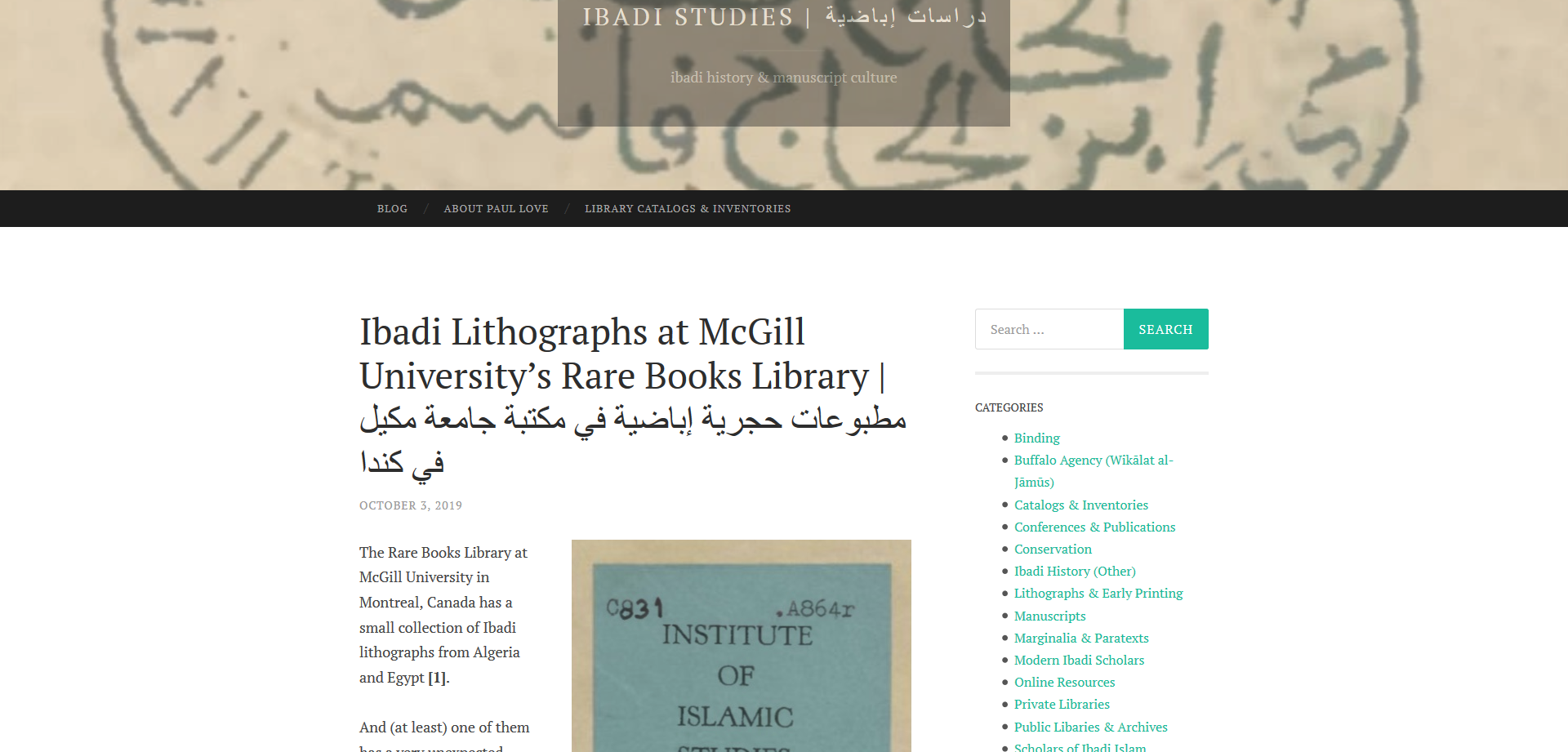



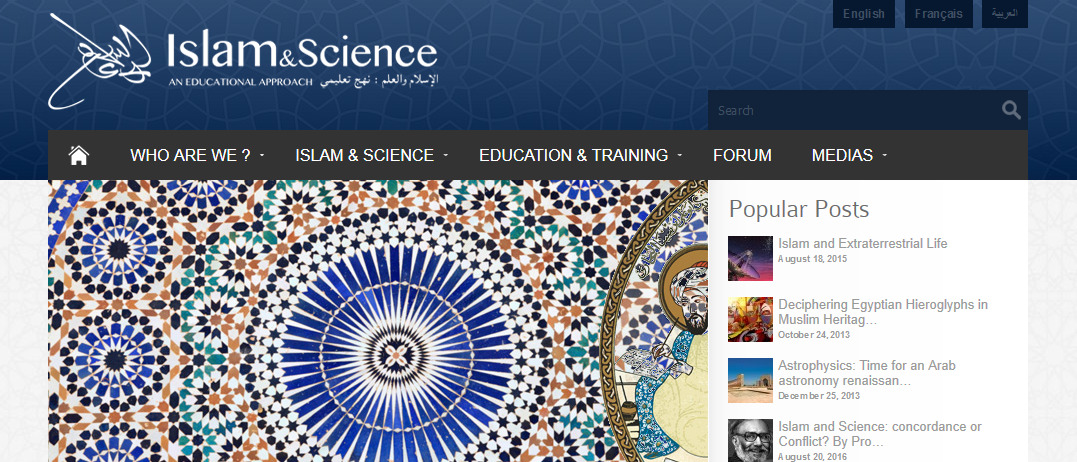 Note that “Submissions are restricted to Muslim graduate students and early career professors from any middle eastern country as well as from Morocco, Egypt, Algeria, Turkey, Pakistan and India”.
Note that “Submissions are restricted to Muslim graduate students and early career professors from any middle eastern country as well as from Morocco, Egypt, Algeria, Turkey, Pakistan and India”.